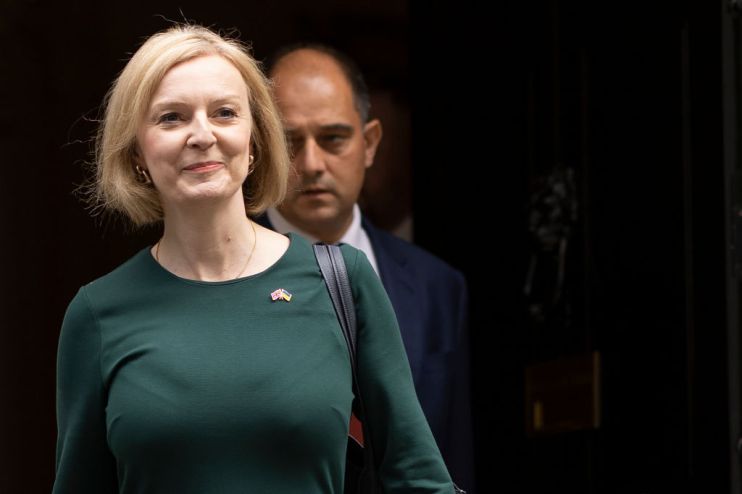Economists warn UK to face blackouts under Liz Truss energy plan

Economists today warned prime minister Liz Truss’s decision to freeze energy bills for everyone in the UK at £2,500 raises the risk of blackouts.
Experts at the economic think tank the Institute for Fiscal Studies (IFS) said energy supplies may run dry due to the government propping up energy spending.
“Households, businesses or governments… will have to reduce their energy use” to correct the UK energy market or supplies would have to be rationed, the IFS said.
“The less UK households reduce their energy demand, the greater demands placed on others… there is simply not enough energy to go round, which would require rationing or increase the risk of blackouts,” the organisation added.
Truss’s package is expected by another economic think tank, the Resolution Foundation (the Foundation), to possibly eclipse the £137bn bank bailout during the financial crisis if gas prices stay high.
Before the new support, the UK was hurtling toward the worst living standards crisis on record. Brits were set to lose around 10 per cent of their pay over the next two years.

However, the prime minister’s move will cover three quarters of the energy bill hike for British households, the Foundation estimated.
Truss announced today average annual energy will stay at £2,500 for two years starting from October. The government will bridge the gap between energy providers’ costs and customer prices.
Bills were set to rise 80 per cent in October and possibly even higher in January and April.
All households will still receive the £400 grant announced by former chancellor Rishi Sunak in May.
Truss’s plan will be funded through a short-term borrowing splurge and probably future general taxation.
Businesses will also receive the same support as households for six months. The government will then channel support into ailing sectors from March.
The pound – which yesterday touched a 37-year low against the US dollar – initially kicked higher on the news, but then tumbled around 0.25 per cent. The FTSE 100 edged lower.
The IFS’s director, Paul Johnson, slammed Truss’s administration for failing to provide any costings despite launching the biggest fiscal intervention in peacetime. He also noted taxpayers would have to pay 75p for every £1 of energy usage.
The Foundation’s chief, Torsten Bell, agreed.
“Liz Truss is asking future taxpayers to pick up a large and very uncertain bill on behalf of today’s energy bill payers, but declined to set out the cost of this huge package,” he said.
“It could end up surpassing the bank bailouts at the height of the financial crisis, with new support for households alone on course to total around £120bn,” he added.
Both think tank’s said the cash injection into the economy raises the risk of more rate hikes from the Bank of England.